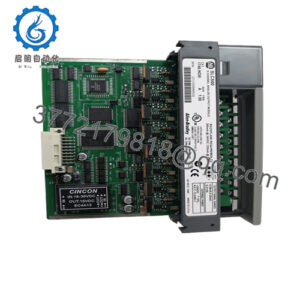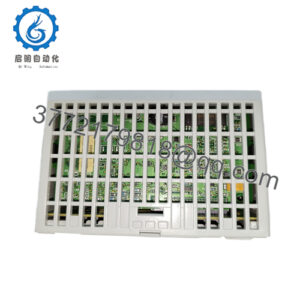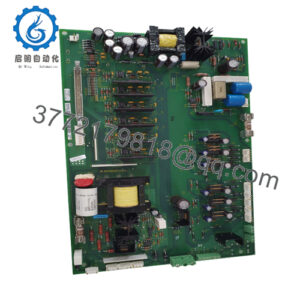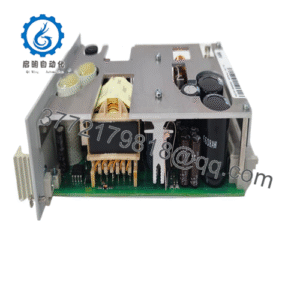Description
Real-World Use & Application Scenarios
In advanced industrial automation, precision motion control is fundamental to achieving high process efficiency and repeatability. The ABB IMCAM07B0000 servo drive controller is typically found in manufacturing sectors such as robotics, CNC machinery, packaging, and automated assembly lines. These environments require sophisticated control of motor speed, torque, and position to maintain product quality and operational safety. The ABB IMCAM07B0000 serves as a critical component in motion systems, translating commands into real-time motor movements with high accuracy.
This servo drive controller excels in applications where nuanced speed and torque adjustments are pivotal, such as semiconductor fabrication or precision machining. By supporting various motor feedback systems—including resolvers and encoders—it adapts to diverse motor types and industrial requirements. The ABB IMCAM07B0000 is applicable in control systems demanding tight synchronization, fast response, and adaptive braking, helping engineers overcome challenges related to mechanical inertia and process variability.
Product Introduction & Positioning
The ABB IMCAM07B0000 is a powerful servo drive controller designed to manage low-to-medium power servo motors with up to 7 amp output at 24 V DC power supply. It forms part of ABB’s motion control solutions, providing multi-mode control including speed, position, and torque control tailored for precise automation tasks. The module supports integration with standard industrial communication protocols such as CANopen, Modbus, and EtherCAT, enabling seamless connectivity within ABB’s broader control system architecture.
Strategically positioned for flexible operation, the ABB IMCAM07B0000 supports advanced motion algorithms like stepper motor emulation and dynamic braking control. Its compatibility with various feedback devices ensures closed-loop control for consistent and repeatable motor performance. The model’s compact design and built-in protective functions make it a favored choice for system integrators and engineers implementing modular, scalable automation platforms.
Key Technical Features & Functional Benefits
The ABB IMCAM07B0000 is powered by a 24 V DC supply and features a dual-core processor optimized to handle up to 10,000 I/O signals per second with minimal latency, delivering rapid response and smooth motor control. It enables flexible operation modes—speed, torque, and position—allowing adaptation to a wide range of servo applications. The controller supports motor transducer inputs including resolvers and various encoder types, ensuring tight feedback loops and accurate motor positioning.
Additional standout features include programmable encoder emulation outputs, automatic tuning for regulation loops, and built-in anti-resonance filters to enhance system stability and minimize vibration. The drive also provides outputs for motor brake control and clear fault status indications to streamline maintenance. Engineers benefit from its robust architecture, which maintains performance in industrial ambient temperatures typically ranging from 0°C to 40°C, with storage tolerance from -20°C to 65°C.
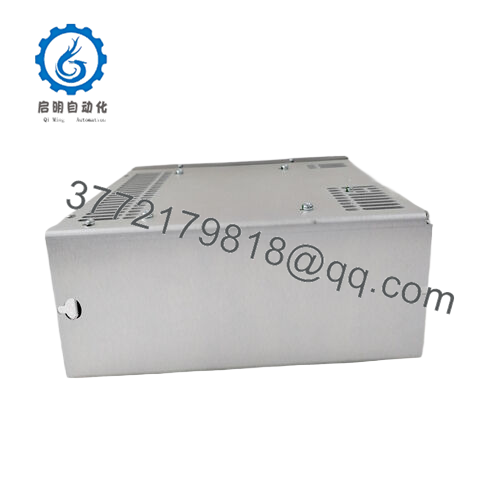
IMCAM07B0000
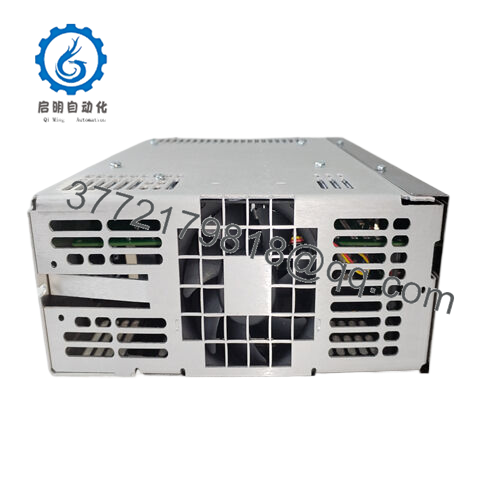
IMCAM07B0000
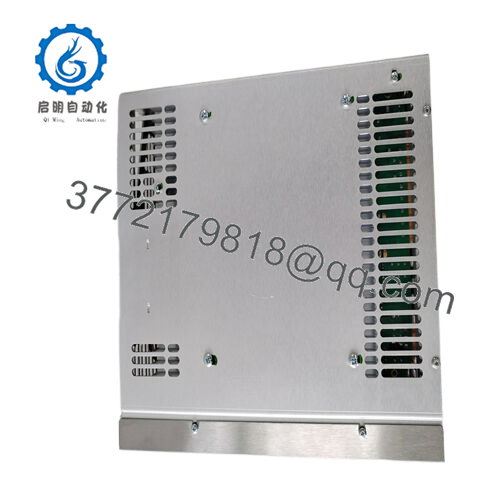
IMCAM07B0000
Communication-wise, the ABB IMCAM07B0000 supports multiple industrial bus standards for straightforward system integration and diagnostics. Its compact footprint and comprehensive software support, including setup tools with digitizing oscilloscope features, further simplify deployment in automated production lines.
Detailed Technical Specifications
| Parameter | Value |
|---|---|
| Model | IMCAM07B0000 |
| Brand | ABB |
| Product Type | Servo Drive Controller |
| Power Supply | 24 V DC |
| Max Output Current | 7 Amperes |
| Input Command Types | Analog, Stepper Motor Emulation |
| Feedback Types | Resolver, Absolute Encoder, Incremental Encoder, Hall Sensors |
| Communication Protocols | CANopen, Modbus, EtherCAT (varies by configuration) |
| Control Modes | Speed, Position, Torque |
| Operating Temperature | 0°C to +40°C |
| Storage Temperature | -20°C to +65°C |
| Protection Features | Over-current, Over-voltage, Over-temperature, Short Circuit |
| Dimensions (approximate) | Compact size compatible with automation racks |
| Interface | RS232 Serial, Industrial Fieldbus |
Related Modules or Compatible Units
ABB PPD513AOC-100440 – AC800PEC excitation controller used in related motion control contexts.
ABB 129740-002 – Intelligent Input and Output module complementing servo drive installations.
ABB 3BHE039724R0C3D – Additional motor control units compatible with IMCAM series drives.
ABB 5SHY35L4522 – Asymmetric integrated gate driver suited for drive electronics.
ABB CI856 – Communication interface for integrating servo drives with control networks.
ABB IMC Series 300/700 – Advanced servoconverters compatible with IMCAM controllers for multi-axis control.
Installation Notes & Maintenance Best Practices
Prior to installing the ABB IMCAM07B0000, verify that the control cabinet accommodates its power and communication needs, including proper ventilation and cooling measures. Ensure wiring for feedback devices is shielded and grounded to prevent signal interference. Compatible power supply and communication interfaces must be confirmed for smooth integration, and cable management should facilitate easy access and troubleshooting.
Regular maintenance involves monitoring fault status indicators, verifying signal integrity, and inspecting connectors for wear or corrosion. Software setup tools allow engineers to tune control loops and diagnose issues remotely or onsite. Keeping spare modules and configuring preventative maintenance schedules help maintain continuous production and protect investment in automation assets.




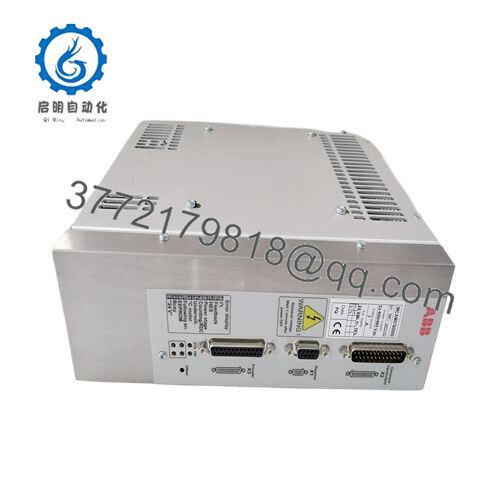
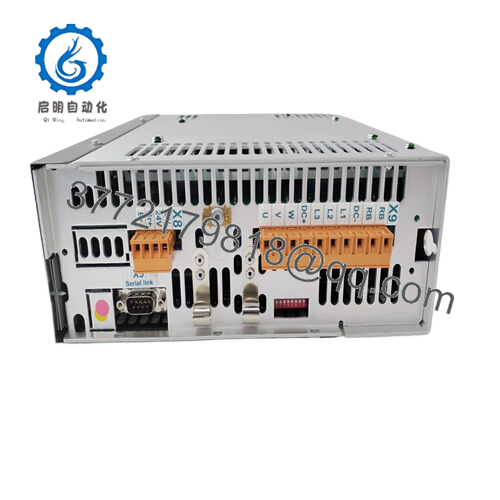
 WhatsApp: +86 16626708626
WhatsApp: +86 16626708626 Email:
Email:  Phone: +86 16626708626
Phone: +86 16626708626